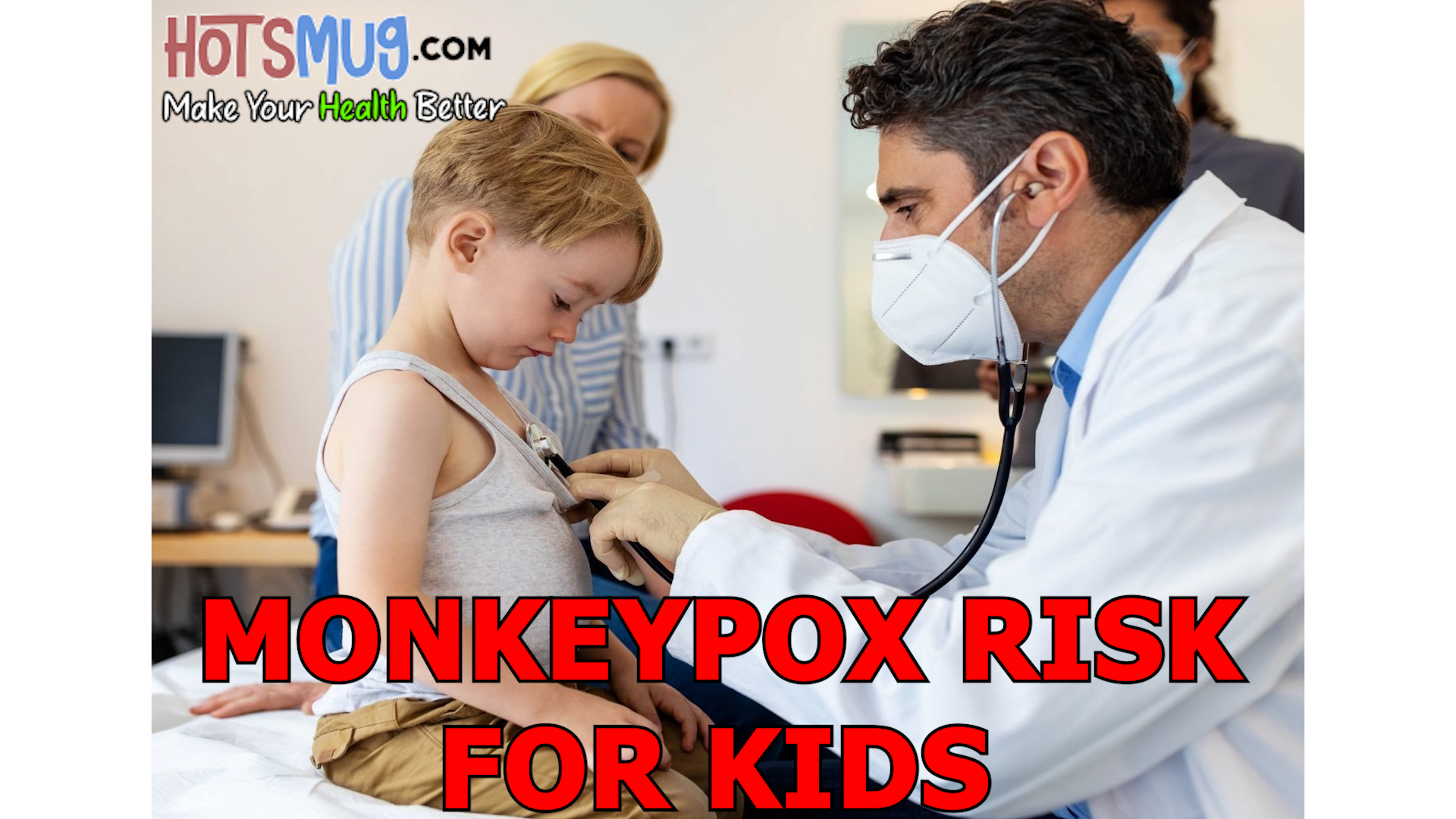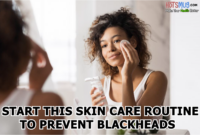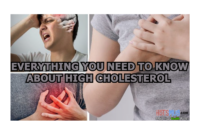Monkeypox cases are spreading mostly among adults, but two cases in pediatric patients in the U.S. may have made many parents concerned about the risks for children.
The two new cases of monkeypox in children have been identified in a toddler from California and an infant who is not a US resident but was tested while in Washington, DC. These unrelated and isolated patients are secondary to household transmission or when someone else in the home unintentionally passes it along to a child.
So far the disease, which spreads through close contact, has spread almost exclusively among adults.
Although the most common way to get monkeypox in this outbreak has been through intimate contact, it is possible to get this condition through close contact such as a parent hugging or kissing a child. It is the close contact that matters most in disease risk.
Gay and bisexual men have been the group most likely to develop the disease at this point. The disease spreads primarily through close contact.
Dr. Anthony Fauci, chief medical adviser to the White House, said in an interview with NPR this week, that it was important to get control of the virus soon so that it does not spread more widely.
“We need to get our arms around understanding just the extent of the spread, how it’s spread, what population,” he said. “Right now it’s focused – because it’s about 99% – among men who have sex with men. We’ve got to understand the modality of transmission, the manifestations, also the risk for people like children and pregnant women. There’s really a profound risk.”
What Is Monkeypox?
First discovered in 1958, monkeypox is a rare disease caused by an infection with the monkeypox virus, according to the CDC. The disease is in the same family as smallpox. It causes flu-like symptoms and painful, itchy lesions, and the first human case of monkeypox was reported in 1970.
Recently the World Health Organization (WHO) announced that the name will soon be changed to one that is “non-discriminatory and non-stigmatizing” because people are making assumptions that the virus is an “African disease.” Twenty-nine experts are currently calling the virus hMPXV until a new name is announced.
What Are the Symptoms of Monkeypox?
The symptoms of monkeypox are typically similar to that of smallpox—including fever, headache, muscle aches, swollen lymph nodes, exhaustion, and, in sever cases, rashes—though the CDC notes they are milder.
On June 14, however, the CDC released new guidance for identifying cases because recent infections are presenting differently than in the past.
“In the United States, evidence of person-to-person disease transmission in multiple states and reports of clinical cases with some uncharacteristic features have raised concern that some cases are not being recognized and tested,” the CDC wrote in new guidance. “Thus far in the U.S. outbreak, all patients diagnosed with monkeypox in the United States have experienced a rash or enanthem.”
Monkeypox symptoms to watch for include:
- New rash, especially in the mouth or around the genitals or anus—though lesions can occur in other areas
- Flu-like symptoms
- Pain in or around the anus and rectum, rectal bleeding, and/or feeling the need to pass a bowel movement even though the bowels are empty
- Swollen lymph nodes
- Backache
- General discomfort
- Chills
Is monkeypox dangerous to children?
While it’s thought that children could experience more severe illness with monkeypox than adults, that data is largely based on a more dangerous type of the virus than the one that is currently spreading in the US and other counties.
The first two pediatric cases in the US reported by the CDC are said to have been relatively mild. The CDC published clinical guidance for doctors on how to recognize and treat monkeypox in children that says children under 8 years old could have more severe symptoms, as can individuals who are immunocompromised or with certain skin conditions like eczema, burns, or severe acne. But again, that information is based on the more dangerous version of the virus. Data is limited from the one currently spreading around the world — although it is being compiled in real time.
“The children in the United States that we’re aware of, while they became ill, they were not severely ill, and they appear to be doing well right now. I think, hopefully, the number of cases in kids is going to remain low,”
For children, the most common symptoms of monkeypox are essentially the same as for adults — they include fever, headache, sore muscles, and malaise, followed by a rash that develops into pocklike lesions that can look like pimples or blisters. There can also be lesions inside the mouth, which could be mistaken for canker sores.
Are there treatments for monkeypox in children?
While there are therapeutics and vaccines available for children who contract or are exposed to monkeypox, they may be tricky to obtain.
Both the infant and the toddler who tested positive for the virus in the US have been taking the antiviral TPOXX to help mitigate their chance of severe illness. The medication is currently only available through an investigational new drug permit, which requires patients to seek special approval and adhere to a series of doctor visits and health assessments.
Existing vaccines for smallpox (monkeypox is in the same family) have proven to be at least 85% effective at preventing transmission and can also help mitigate symptoms of the virus if administered after exposure, ideally within four days. Supplies of the preferred Jynneos vaccine remain limited, but appointments are being prioritized for recent exposures, including children.
Some activists have said that this reactive approach to protecting children from monkeypox is not enough. Among them is Fatima Khan, cofounder of Protect Their Future, a grassroots organization working to ensure children are prioritized in public health policy; they led the fight to get COVID vaccines approved for children under 5. The organization released a statement on July 28 calling on officials to prioritize children and pregnant people in this monkeypox outbreak.
“We need to ensure that children are not left behind yet again,” Khan said. “Our government needs to lay out a plan immediately on how it will facilitate vaccinating children with the Jynneos vaccine.”
What do people who are pregnant need to know about monkeypox?
McQuiston said the CDC has “a lot of concerns” about monkeypox and pregnancy, particularly at the time of delivery. Pregnant people should take extra precautions to protect themselves from monkeypox, especially if they are close to their due date.
The WHO has warned that monkeypox during pregnancy could result in the fetus being infected with the virus or, worst of all, a stillbirth. A 2017 study in the Journal of Infectious Diseases, which included four pregnant women with monkeypox, found that one had a healthy infant, two had early miscarriages, and one had a stillbirth. Thankfully, the infant recently born to a monkeypox-positive mother in the US seems to be doing well so far.
Can monkeypox spread in schools?
Experts believe monkeypox is more likely to spread at home than at school, and anyone who suspects the virus may be in their household should take precautions.
Examining possible means of transmission, the CDC remains focused on prolonged and personal contact, as is common with families living together. The CDC-confirmed pediatric cases announced in the US thus far are said to have been contracted from a family member living in the same household.
“We know monkeypox can spread through close contact, through cuddling, through kissing, through sharing utensils,. “That’s why we recommend that if someone is diagnosed with monkeypox and they live with other people, that they isolate themselves.”
Anyone who believes they may have monkeypox is advised to avoid close contact with others, particularly children. If contact is unavoidable, as in the case of childcare, the CDC advises that caring family members wear gloves and masks. In any household with a presumed case of the virus, the agency recommends masking for everyone over the age of 2.
What are schools doing to prepare for monkeypox?
Even though health agencies are saying schools are not of primary concern for the spread of monkeypox, officials are preparing for the possibility.
As the summer heat begins to subside and schools start talking about reopening plans, Khan of Protect Their Future worries that children could become the primary drivers of this outbreak.
“Once monkeypox starts spreading in schools and daycares, the impact could be devastating,” she said.
The New York City Department of Education represents the largest school district in the US with over 1 million attending 1,851 schools spread across New York’s five boroughs. The majority of these will reopen on Sept.
Kaliris Salas-Ramirez sits on the department’s Panel for Educational Policy, which consists of 15 members appointed by the mayor and the city’s five elected borough presidents. She believes it is crucial for the panel to start talking about how to protect kids from monkeypox.
“We do need to have a plan, because we’re at a surge right now, and lord knows what that’s going to look like in the fall,” she said. “We need to start educating our children about monkeypox and what sorts of things they need to do to keep themselves safe.”
Salas-Ramirez, who is also a professor at the City University of New York’s medical school, said that COVID has presented a teachable moment for kids about how to protect themselves and their communities from viruses.
“Pedagogically, we try to remind the administration that this is a learning opportunity for children,” she said.
But she anticipates an uphill battle. Despite the fact that more than 40 children attending school in the New York City area have died of COVID, it has taken the panel more than four months to get a meeting with the city’s department of health about the upcoming academic year. That meeting will take place on Aug. 4 and will likely include a discussion about monkeypox. Salas-Ramirez hopes the department will hear her concerns, but she’s not holding her breath.
“A child cannot perform optimally if they don’t feel well, if they don’t have all of their needs met, but we keep having these conversations in isolation,” she said. “We don’t talk about the intersection of these things. My concern is that we’re going to make the same mistakes that we made with COVID, that we don’t engage our communities.”
Mark Levine, the borough president for Manhattan who appointed Salas-Ramirez to the panel, agrees that the city needs to be prepared for all possibilities. Levine believes NYC’s first pediatric monkeypox case may be imminent.
“We have to prepare for the very real possibility that there will be a child or children in New York City who contract monkeypox,” he said.
When asked about potential monkeypox-related safety measures for public schools, Levine echoed the sentiments of public health agencies, that such a method of viral spread is unlikely.
“Health experts are saying that transmission to children is more possible in households and less likely in schools,” he said. “I talked to no experts who are calling for drastic measures in schools.”
So-called drastic measures aside, Levine would be in favor of a monkeypox educational campaign for everyone, including families with children. He would also support utilizing schools as possible locations for testing.
“I think we need to ramp up our education to the broader public about what monkeypox is and how it spreads,” he said. “I think the schools should be prepared first to be a source of clear information on this as it progresses.”
What to know about vaccines
While it is theorized that the vaccine can be efficacious and available for children, there is currently no protocol for its use in this population. The vaccine has been reserved for adultsTrusted Source who have either been exposed to or are in high-risk situations.
Despite many people wanting the vaccine, it is not as readily available as some would like. Many government officials have asked for additional vaccines – including in New York, which leads the country in the highest number of cases.
Dr. Ashish Jha, the White House COVID-19 Response Coordinator, recently stated that there will be a release of “hundreds of thousands of more vaccines in the next days and weeks” in a recent interview on “Face the Nation.” Despite an increased release of the vaccine, it is unlikely that children will be receiving this vaccine as they are not the primary population for contracting this virus.
“These vaccines are currently being used as a post-exposure treatment instead of prevention,” says Schaffner.
“There are so many adults, the vastly more common population who gets this virus, that could use this vaccine well before children as this illness remains quite rare in younger populations.”
Health and Human Services Secretary, Xavier Becerra, said in a statement that FDA has approved the use of an additional 786,000 doses of the vaccine which are going to be available for use in the United States.




